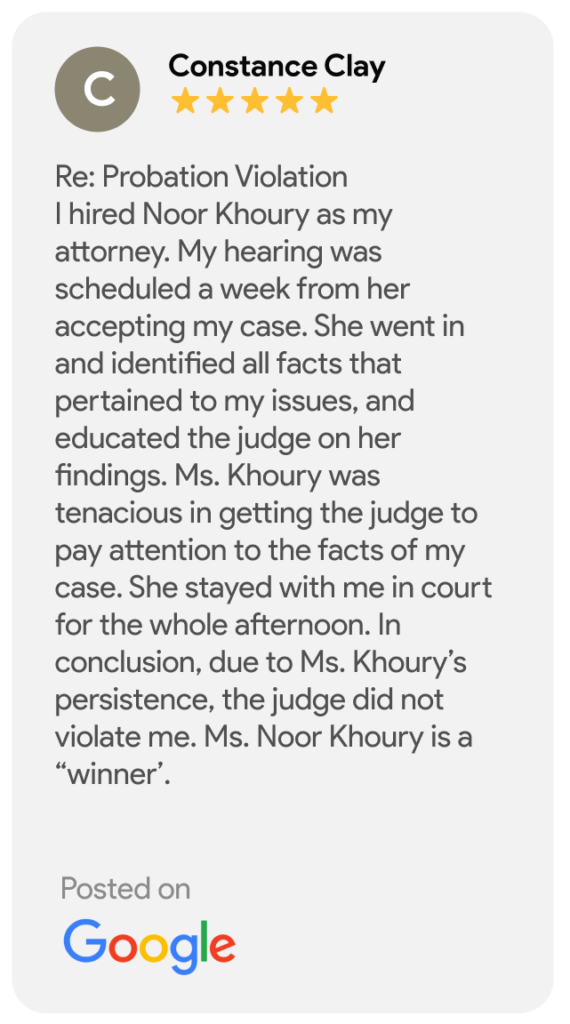Inherited Property In Michigan Divorces, What You Need To Know – ChooseGoldman
In Michigan, courts attempt to equitably divide marital assets in a divorce by attempting to achieve congruence. What is congruence? It’s not exactly a fifty-fifty split, though it may be somewhere near that line. Instead, courts will analyze the surrounding facts and circumstances to determine how marital property should be fairly divided. Therefore, it is important to recognize the distinction made between marital property and separate property. The general rule is that only marital property should be divided, and that a party’s separate property stays with that party.
Marital Property
Marital property is property that is accumulated through the joint efforts of the parties during their marriage. What does this mean? Very simply, it means that almost anything you get during your marriage will be considered marital property.
Separate Property
Separate property is property that was acquired before the marriage. However, there are some situations where separate property may be converted into marital property. Where a party’s subsequent acts manifest an intent to treat separate property as marital property, it may be so converted. Also, an increase in the value of separate property where a spouse is actively involved in that increase will be considered marital property.
Inherited Property
Inherited property is considered separate property except concerning the factors that were outlined in my analysis of separate property. Only where a party intends that inherited property be used as a marital asset, or where the inherited property is sufficiently commingled with marital property, will that inheritance be subject to division in a divorce. Also, it should be noted that once a divorce judgment has been entered, a party’s rights to the other party’s estate (should that party die) are extinguished. Some important factors in determining whether inherited property should be considered a marital asset are:
How the inherited property was handled, or what it was used for;
Whether the parties jointly paid income tax on the property; and
Whether the parties made financial decisions based on their reliance that inherited property would be there in the future.
Inherited Property in Michigan
What happens to my stuff? That is one of the first things every person who is going through a divorce is likely to ask. This is especially true when it pertains to stuff that one has been given or inherited. This kind of property is far more likely to hold sentimental value to its owner, therefore, especially when the property at issue has value, may make for an interesting argument at trial. If you have valuable separate property, you need to hire an attorney to help you make sure that you keep it.
Separate Property vs. Marital Property
A firm understanding of how inherited property in Michigan divorces is treated requires an understanding, first, of what is considered separate property and what is considered marital property in Michigan. Generally, separate property is property that a party owns before the marriage. Therefore, marital property is any property acquired by either party after the marriage. However, separate property may be converted in certain circumstances. For example, if there is a clear intent on the part of one spouse to use their separate property for marital purposes that separate property may be converted to marital property.
Also, in those cases where one spouse actively contributes to an increase in value of the other spouse’s separate property, the contributing spouse is typically entitled to half of the increase in the asset’s value. Finally, separate property may be invaded when dividing property where one party shows substantial need and the other party can absorb the loss of separate property.
Who Gets Inherited Property?
For the most part, inherited and gifted property of one spouse over the other is treated just as any other separate property would be unless there is clear intent that the donor gifted the property to both spouses. Again, it is important to remember that separate, inherited property could be modified into marital property if there is an intent to use the property as a joint, marital asset. A court is likely to look at the surrounding facts and circumstances to determine whether the intent was to give something to one party or both.
Get a Divorce Attorney
If you are getting divorced, it is important to have an attorney to inform you of your rights and what you may be entitled to. Don’t let the other side drain your separate assets. Contact our office (586-268-2400) for a free telephone consultation. If you have any further questions, please visit the Michigan Divorce Attorneys.
Choose Goldman Today!
Find out how we successfully worked with clients by watching our Testimonial videos.
































